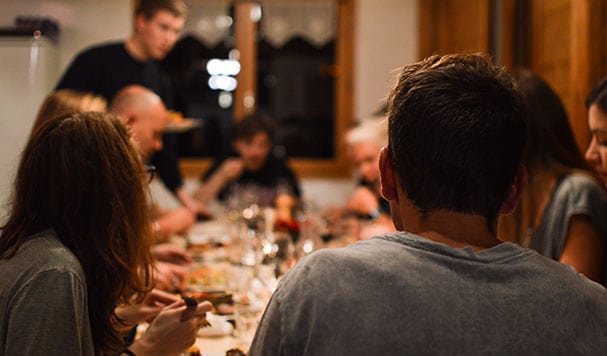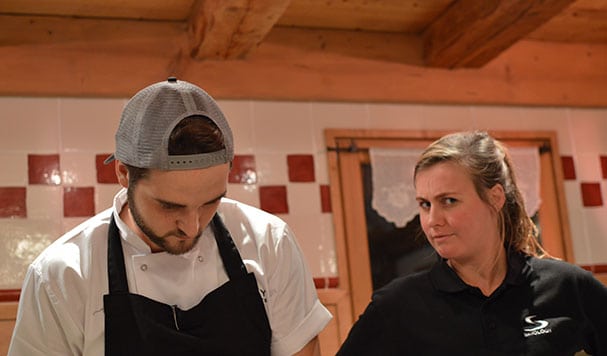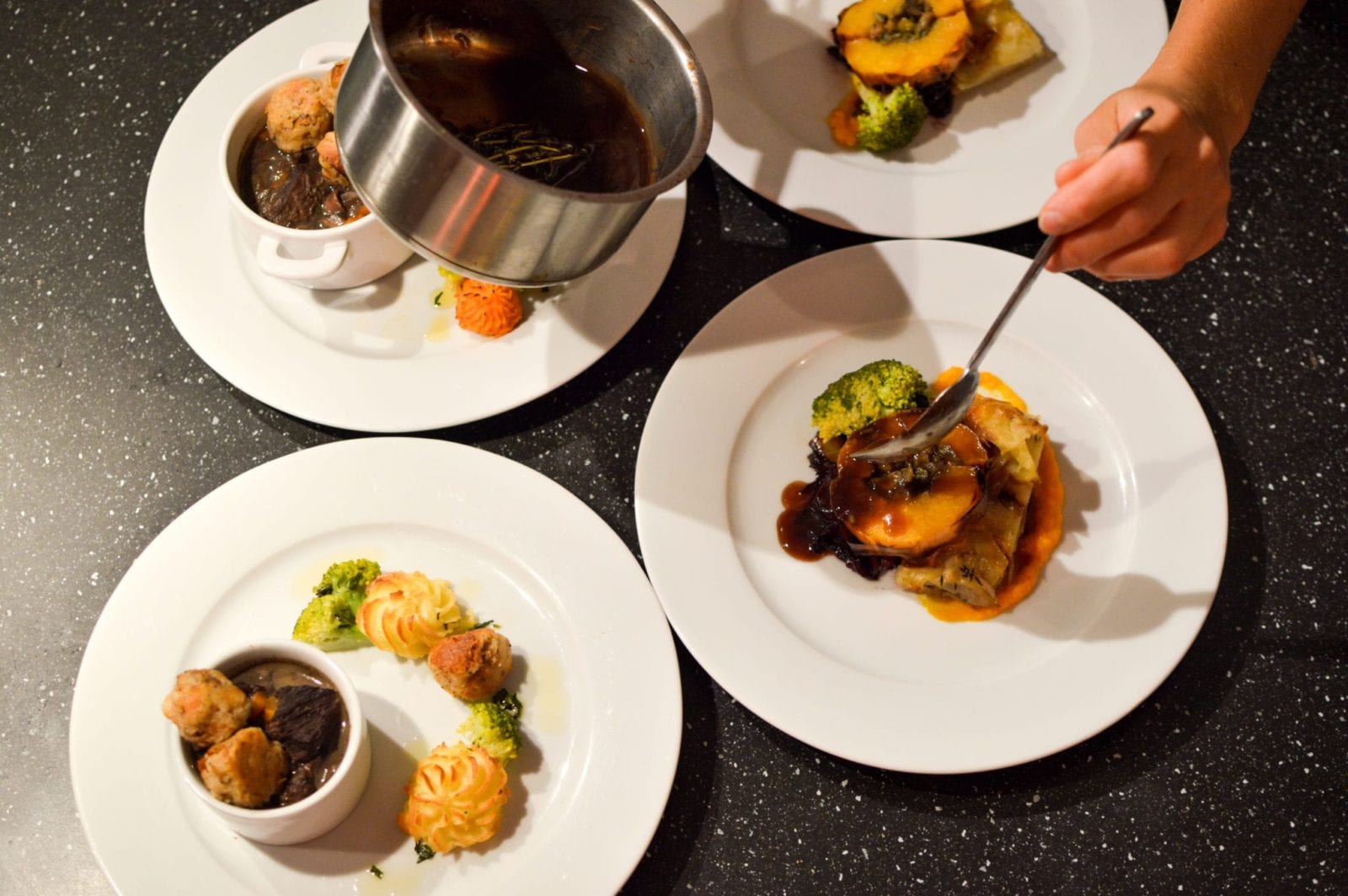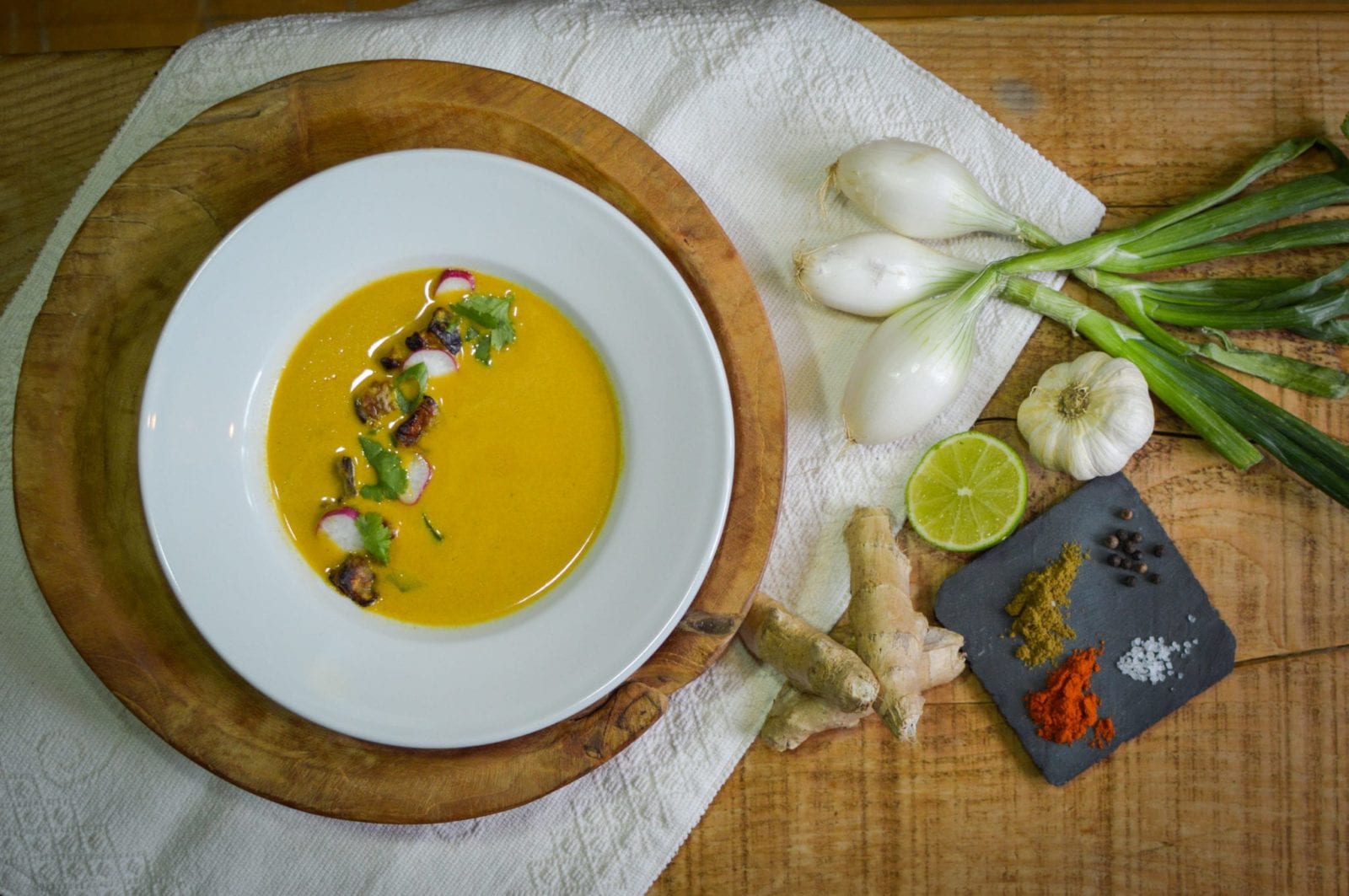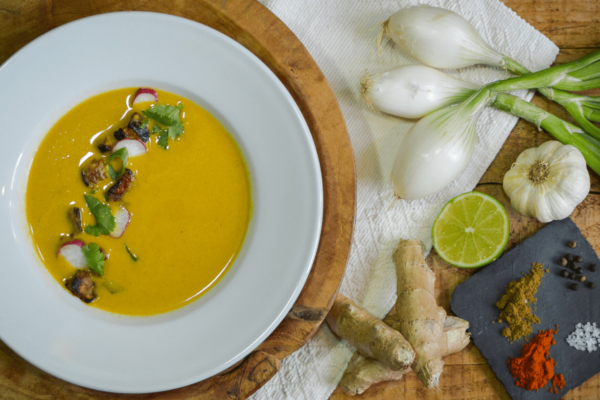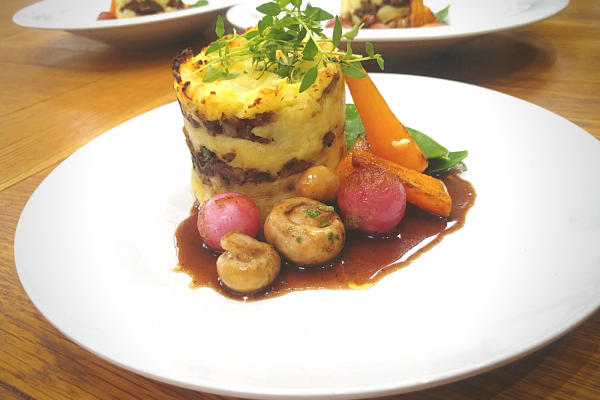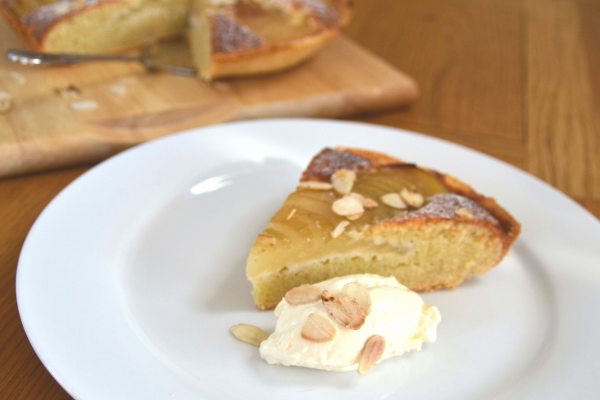Leaving the planet a little better than we found it is at the forefront of how we do what we do at Skiology. This is a continual process to learn and adapt and each year, how we can build on our green pledges. Plastic free dining is the next step in this process.
This winter we are committing to no use of single use plastics in the kitchen for a minimum of 1 day a week.
We began this journey by looking at all the ingredients in each dish and identifying which of these came in single-use plastic.
In order to ensure that we can maintain our menu standards throughout the duration of the winter season, the menu has to take into consideration seasonality and availability of products. Further limiting products by plastic-free means that we have found some limitations. This is why we have started with committing to one plastic free day at a time.
How to choose plastic free
This is something we can all do. Generally, all you need to do is bring your own container. It can even save you time, buying in bulk by weight rather than repeated trips to buy the same thing and sometimes can you save you money too.
ANIMAL PRODUCTS SUCH AS MEAT AND CHEESE
In France, currently, these generally come in some form of plastic when brought from the supermarket. However, if you buy from the meat or cheese counter you can get your products in waxed paper. Or better still bring your own container.
SPICES
Sometimes in plastic, sometimes in little glass jars. To save on plastic or waste of smaller containers these can be brought instead by weight from specialist stores. One such store is Mademoiselle Vrac in Thonon where you can bring your own container.
DRIED GOODS SUCH AS NUTS, SEEDS, PULSES ETC
The supermarkets in France generally have their own ‘vrac’ sections. This is where you buy by weight without packaging. Think of a U.K pick and mix sweet shop where you can use their bags or bring your own. If they don’t have what you want specialists like La Vie Claire in Morzine or Gaia in Thonon has a wider selection.
DRY STORE ITEMS
There is generally a choice here choosing e.g peanut butter in glass rather than plastic.
VEGETABLES
This year in France plastic packaging on fruit & veg weighing less than 1.5kg will be made illegal!
PROCESSES
Clingfilm is omitted in the process of storage of ingredients/components of the dish. Instead, we have introduced reusable food storage
Cooking for scratch helps too rather than buying packaged goods?
Can we help?
If you are staying self-catered with us and can’t find a plastic-free alternative locally let our director know and he will see if he can help you out. Likewise, if you live locally to Morzine dom@skiology.co.uk will be happy to help. Just send an email with the subject ‘plastic-free alternative sought’.
You can also find out about our other green pledges and our ongoing mission to have the lowest carbon footprint possible here: https://www.skiology.co.uk/sustainability/
How we create our menu
Guest feedback is what helps us continually develop the Skiology holidays. Our holidays are tailored to our guests’ expectations and where possible, exceeding these. Throughout the season, we proactively gather feedback and in some cases, we will develop dishes there and then. Annually, we review all guest feedback again and new dishes are developed in line with this data which results in around 20% of the menu being replaced each year. This makes way for new dishes but ensures that the favourites remain for guests to look forward to. (such as our triple chocolate brownie and Claridge’s chicken pie which has remained on the top spot for many a year now!).
Skiology’s head chef Luke and the rest of the Skiology foodie team put forward dishes in an annual cook-off. This is where the most popular dishes among the team are chosen to be on the menu. But it doesn’t stop there. Careful consideration of the sustainability, locality and availability of the ingredients are taken into account.
We are incredibly lucky that with such a high repeat customer base, we have a wealth of Skiologists who provide feedback on our new choices. Particularly helpful is the insight of guests with dietary requirements which enables us to ensure that no matter what dish we are serving up, it hits the mark for everyone at the table.
By the autumn, the new menu and recipes are ready to send out to the chalet teams who practice the new dishes in the run-up to the winter season. When December comes around, the team assembles in the Alps for 2 weeks of team training where everyone has the chance for dress rehearsals before guests begin to arrive from mid-December!
